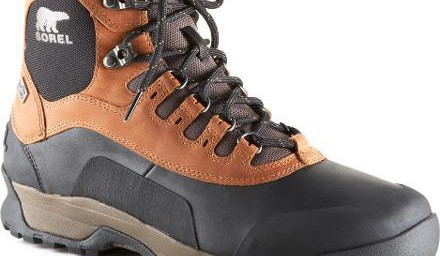

Why do you go camping? Is it to escape the demands of a busy city life? Or maybe you’re looking to retreat from the monotony of suburbia and restore your sense of purpose. Whatever the reason, you’re certainly reaping it’s many health benefits– study after study has shown that spending time outdoors contributes to increased vigor and vitality, as well as better overall mental health.
But though we go for different reasons, most of us campers have at least one thing in common– we don’t go in the cold. Think about it– camping is almost alway projected as a Summer or early Autumn activity.
So why have we abandoned winter?
Maybe it’s because the cold is uncomfortable. Winter means packing and carrying more gear. It may be harder to coordinate with friends. And then there’s the potential hazards that comes with the unruly weather. But on occasion, camping should push us out of our comfort zone and thrust us back into nature. And if you know what you’re doing, camping in the evening really isn’t that difficult.
In this upcoming series, we’ll explore how to get ready for the Winter expedition, what to pack, and pretty much any other essential knowledge you’ll need to strike out against nature’s frosty grip. REI has a pretty extensive guide to winter camping, and I’ll be referring to it throughout. Ready? Let’s go! But hang on, watch this video first:
Don’t treat winter camping like just another trip. While there may be romantic visions of a sudden trip during the dog days of Summer, that kind of spontaneity is ill-advised in the wintery climes. Before you go, you need to make sure you have the proper gear, and a solid grasp of the forecast. Having a good idea of precipitation likeliness, temperature, and avalanche forecasts can inform when to go, when to leave, and whether to even go at all.
One of the biggest steps in preparing for this excursion is to familiarize yourself with the camp grounds, its access roads, and proximity to emergency services, like hospitals. Should there be an emergency, you don’t want to waste time navigating snowy trails or icy paths to find out how to exit.
You also are going to need to have a detailed plan. Where will you be, and at what times? When do you expect to be back? Who are you with? When all of this is itemized, share it with a friend or family member. In the event something goes awry, you want them to be able to find you with ease. Again, it’s good to do this whenever you leave, but searches in inclement conditions can prove quite difficult.
Lastly, detours shouldn’t be completely unexpected. So, be prepared. Bring additional changes of clothes and extra food just in case your plans suddenly change.
Next, we’ll take a look at several winter-specific items you should take with you on your trip.